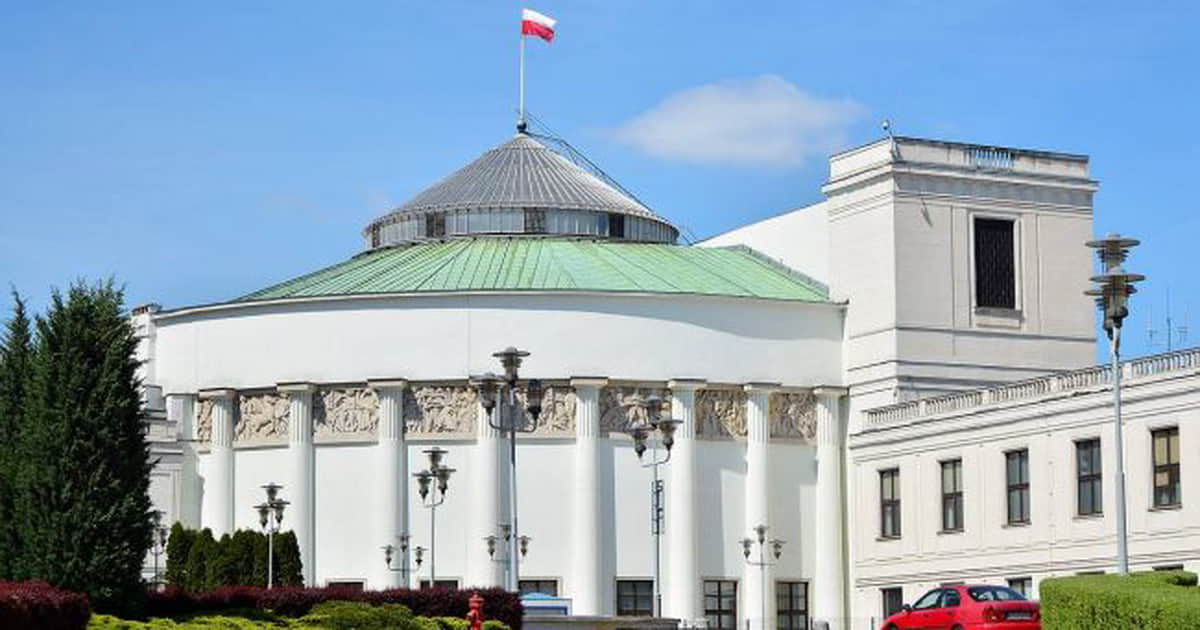Why Kyiv shouldn't fear anti-Ukrainian historical initiatives in Poland – a view from Warsaw

On 26 November, the foreign ministers of Poland and Ukraine, Radoslaw Sikorski and Andrii Sybiha, issued a joint statement regarding the exhumation of victims of the Volyn tragedy [The Volyn (Volhynia) tragedy was a series of events that led to the ethnic cleansing of the Polish and Ukrainian populations in 1943 during World War II. It was part of a long-standing rivalry between Ukrainians and Poles in what is now Ukraine's west. Poland considers the Volyn tragedy a genocide of Poles - ed.].
This statement was met with cautious optimism in Poland but also significant distrust, according to Edwin Bendyk, President of the Stefan Batory Foundation in Warsaw. This distrust, in Bendyk's view, is mutual. As evidence, he cites the column by Volodymyr Viatrovych, former head of the Ukrainian Institute of National Remembrance.
In his piece, Viatrovych points to the absence of references to Ukrainian burial sites in Poland in the ministers' statement and confidently asserts that "the stance of Polish politicians will not change, and they will continue to extract political dividends" from historical themes. Viatrovych also mentions a recently introduced bill equating Ukrainian nationalism and "Banderism" with totalitarian ideologies such as Nazism, fascism and communism. Advertisement:
Read more in Bendyk's column - Banning Bandera or permission for exhumations? What truly matters for Ukraine-Poland Relations. He delves into how Polish politicians leverage historical issues and why Ukraine should not be overly concerned.
The author begins by recalling that in January 2018, the Polish Sejm, dominated by the Law and Justice (PiS) party, passed an amendment to the Act on the Institute of National Remembrance. This introduced several new offenses, including the denial of crimes committed by Ukrainian nationalists between 1925 and 1950. "President Andrzej Duda signed the bill but referred it to the Constitutional Court.
In January 2019, the Court questioned the provision on 'Ukrainian nationalism,'" Bendyk notes. This happened despite the PiS party controlling both the parliament and the Constitutional Court. According to Bendyk, the real goal was not to change the law but to stir up discussions around the "Bandera" issue.
Consequently, Bendyk argues that the chances of passing the current bill equating "Banderism" with totalitarian ideologies are slim. "The stakes in this game are the presidential elections scheduled for May 2025. The candidate for these elections, formally independent but effectively representing the PiS party, is Karol Nawrocki, the current head of the Institute of National Remembrance," explains Bendyk.
He adds that the rise of the far-right, openly anti-Ukrainian Confederation party forces the currently opposition PiS party to shift rightward to weaken Confederation. Meanwhile, Donald Tusk's Civic Coalition and other governing coalition parties aim to retain their moderate-conservative electorate by adopting similar rhetoric. This strategy carries little risk of losing their core liberal-progressive base, as societal attitudes are shifting overall.
So historical issues in Polish politics, while significant, are tools rather than ultimate goals. "The results of the May 2025 elections are crucial for PiS's plans for a political comeback. Therefore, it is reasonable to expect that all contentious historical topics will resurface during this campaign," Bendyk writes.
For this reason, Bendyk sees the joint statement by Ukraine's Andrii Sybiha and Poland's Radoslaw Sikorski on exhumation as an attempt to preemptively calm emotions. "This is evidenced not only by the statement's tone but also by subsequent actions of the Polish and Ukrainian culture ministers responsible for this topic. They have agreed not to link exhumation efforts with historical debates or contentious interpretations of tragic events in shared history.
This is a commendable approach," notes Bendyk.
By focusing on pragmatic collaboration and avoiding polarising historical narratives, both countries can mitigate tensions and build a foundation for constructive dialogue, he concludes.
If you notice an error, select the required text and press Ctrl + Enter to report it to the editors.